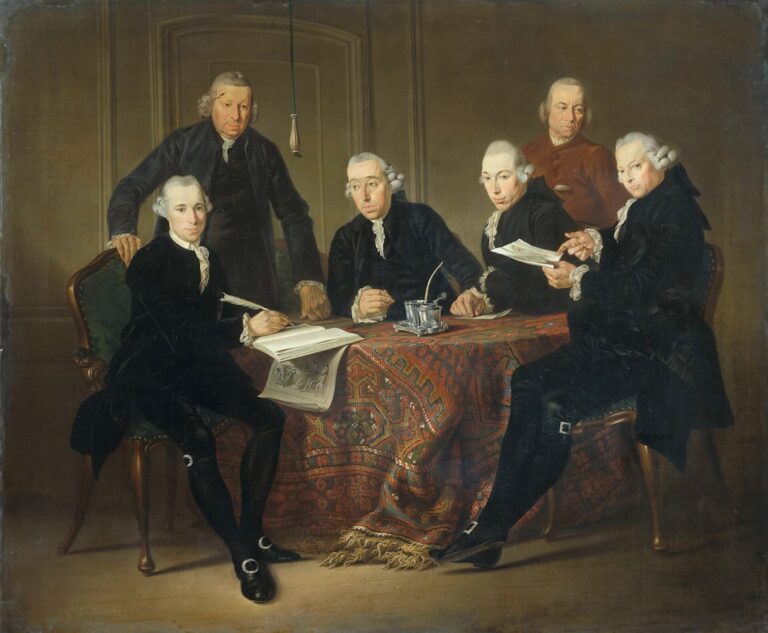
Do you ever feel like the days just slip away, leaving you wondering where all your time went? It’s a common feeling, I know. We all juggle so much: work, family, personal goals, and sometimes it feels like we’re constantly busy but not truly moving forward. I’ve been there, stuck in cycles of wasting time, feeling overwhelmed, and not knowing how to break free. For years, I battled unhealthy habits like gaming addiction, binge eating, and just plain laziness. Change felt impossible.
But what if I told you that understanding where your time goes is the first step to taking back control? It's not about magic or strict, rigid schedules. It's about a simple, powerful tool: a time audit. Think of it like mapping your day. Once you see the map, you can choose new paths. This isn't about judgment. It’s about honest self-discovery. This practice really helped me build a productive routine with short bursts of deep work and find a more balanced, healthy lifestyle, even after losing over 110 pounds. Let's dive into 10 strategies that can make your time audit a success.
1. Know Your "Why"
Before you even start tracking, ask yourself: Why do I want to do this? Is it to feel less stressed, make progress on a big goal, spend more time with loved ones, or simply find some peace? For me, it was about breaking free from old patterns and truly living with intention. I wanted to dedicate my time to things that brought meaning and growth, not just fleeting distraction. Knowing your "why" gives you the fuel to stick with it when things feel a bit messy.
2. Pick Your Tracking Tool Wisely
Don't overthink this. The best tool is the one you will actually use.
- Simple Notebook: A small notebook and a pen are perfectly fine. Jot down your activities.
- Basic Spreadsheet: If you like numbers, a spreadsheet (like Google Sheets or Excel) works great.
- Simple App: There are many free apps designed for time tracking. Just pick one that’s intuitive.
I prefer a simple notebook or a basic digital doc. The less friction, the better. You want to focus on tracking, not on learning complex software.
3. Track Everything for a Few Days
This is the core of the audit. For 3 to 7 days, write down everything you do. And I mean everything. From the moment you wake up to when you go to bed.
- Be honest. No one else sees this unless you want them to. This data is for you.
- Be consistent. Try to track in real-time or as close to it as possible. Waiting until the end of the day makes it easy to forget details.
This step can be eye-opening. When I first did this, I realized how much time I spent doing things that didn't serve me, like mindlessly scrolling or falling back into old gaming habits. It was a tough pill to swallow but a necessary one.
4. Be Specific, Not Vague
When you track, use details. "Work" tells you little. "Replied to client emails for 30 minutes" or "Deep work: wrote blog article for 90 minutes" tells you a lot.
- Instead of "chores," write "washed dishes," "did laundry."
- Instead of "leisure," write "read book," "called friend," "watched TV show."
The more specific you are, the clearer picture you get. This clarity will show you where your time truly flows.
5. Look for Patterns, Not Perfection
Once your tracking period is over, review your data. Don't beat yourself up for "wasted" time. Instead, look for recurring themes.
- When are you most energetic and focused?
- When do you tend to procrastinate or get distracted?
- Are there certain times of day you consistently feel drained?
I noticed I was sharpest in the mornings, which is when I now schedule my 2-4 hour bursts of deep work. My afternoons are for lighter tasks or more collaborative efforts.
6. Identify Time Sinks (The "Aha!" Moment)
This is often the most revealing part. Where do your precious hours disappear without you even realizing it?
- Social Media: How many minutes (or hours) melt away scrolling?
- Unplanned Interruptions: Do colleagues or family members frequently pull you away from tasks?
- Excessive TV/Streaming: Are you watching more than you intend?
- Perfectionism: Are you spending too much time on a task that could be done "good enough"?
For me, overcoming gaming addiction meant recognizing those specific triggers and huge time blocks that were swallowed by gaming. A time audit clearly showed those patterns. Similarly, when I was struggling with binge eating, I could see how much time was consumed by impulsive food decisions or mindless snacking.
7. Prioritize What Matters Most
Now that you see where your time goes, compare it to what you truly value. Are you spending time on what moves you toward your goals and aligns with your purpose?
- List your top 3-5 priorities: These might be family, faith, health, career, personal growth.
- Cross-reference: Does your time audit reflect these priorities? If "health" is a priority, are you dedicating time to exercise, healthy meal prep, or rest? If my Christian Orthodox faith is important to me, am I dedicating time to prayer or spiritual reading?
This step helps you see if you're living in alignment with what you say is important to you.
8. Schedule Intentional "White Space" and Breaks
A time audit isn't just about productivity; it’s about well-being. Don’t fill every single minute with a task. Schedule real breaks.
- Rest: A short nap, a quiet moment with a cup of tea, or simply staring out the window.
- Movement: A quick walk outside to clear your head.
- Prayer or Reflection: Time to connect with God and reflect on your day.
- Joyful Hobbies: Something purely for fun.
My deep work bursts are only sustainable because I schedule intentional breaks. These aren't wasted time; they are vital for recharging and maintaining focus.
9. Experiment and Adjust
A time audit is not a one-and-done event. Life changes, and so do your priorities.
- Try new routines: Based on your findings, block out time for your priorities.
- Review regularly: Maybe once a month, or every few months, do a mini-audit.
- Be flexible: If something isn't working, don't force it. Adjust. This is your journey.
I'm still learning and adjusting my own routine. It's an ongoing process of discovery.
10. Celebrate Small Wins
You don't need to overhaul your entire life overnight. Even identifying one small area to improve, like cutting down on mindless scrolling by 15 minutes, is a victory.
- Acknowledge your efforts: It takes courage and honesty to look at how you spend your time.
- Build momentum: Each small win makes the next step easier.
This was crucial for me when I was losing 110 pounds. It wasn't about perfection; it was about consistently celebrating those small, healthy choices that built up to massive change. The same goes for managing your time.
Understanding your time isn’t about being a robot or squeezing every last drop of productivity from your day. It’s about freedom. It’s about choosing to live intentionally, aligning your actions with your values, and creating space for what truly matters to you.
What’s one small step you can take today to better understand where your time really goes? Imagine the peace of mind when you truly direct your day. What does that look like for you?





